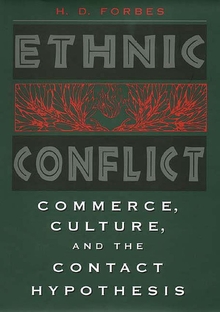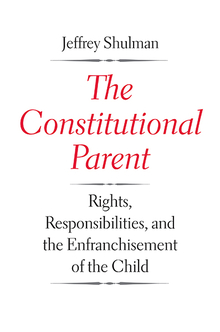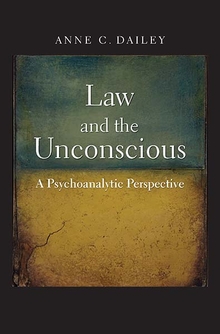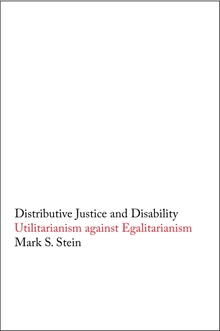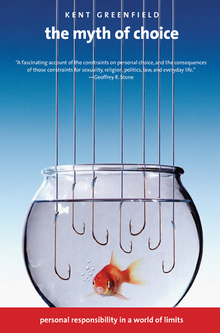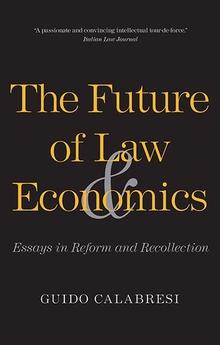Ethnic Conflict
WARNING
You are viewing an older version of the Yalebooks website. Please visit out new website with more updated information and a better user experience: https://www.yalebooks.com
Commerce, Culture, and the Contact Hypothesis
H. D. Forbes
Drawing on studies of the contact hypothesis in sociology and social psychology and on the literature on nationalism and ethnic conflict, this book provides the most thorough review of contact theory available. Scientific research suggests that increased contact between culturally distinct groups in some cases gives rise to more intense conflict. Yet individuals who get to know each other better generally like each other better. Can these apparently conflicting generalizations both be true? asks Forbes. They are, he argues, and he takes contemporary social science to task for failing to show how and why this is possible. The author clarifies the weaknesses of contact theory, develops an alternative "linguistic model" of ethnic conflict, and concludes with penetrating reflections on the politics and methodology of the social sciences today.
"The combination of empirical theory and philosophical analysis makes for a highly stimulating reading."—Virginia Quarterly Review
"This is a splendid critique of contact theory. Forbes has produced a truly major work in the epistemology of social science."—Donald L. Horowitz, Duke University
"Forbes's insights are provocative and offer a conceptual bridge between the many contradictory findings in the literature. The book is well written and engaging. . . . This book represents an important contribution to the social science literature on ethnic conflict, and students of the contact hypothesis will definitely not be able to ignore this work."—Contemporary Sociology
"Forbes's study is a major contribution to the theoretical literature on ethnic conflict, coming out of sociology, political science, and psychology. . . . This is a book that should be read by any serious student of ethnic conflict and nationalism. The model is largely quantitative, but the book is accessible to a broad range of scholarly readers. . . . It also makes important methodological contributions relevant to the social sciences in general."—D. G. Bates, Choice
"Perhaps the greatest joy of Forbes's work is that his prose is both erudite and chatty. He makes a highly complex subject not only comprehensible, but also enjoyable to explore. As such, his book is useful to instructors as well as scholars in the field. . . . Students can learn about ethnic relations and social science methodology without slogging through many broader, but painfully turgid works on the subject."—Daniel L. Byman, Political Science Quarterly
"Forbes . . . has written a work of high scholarship that likely will become the seminal statement on the meaning of ‘contact theory’ in the social sciences. It belongs in the library collection of every serious student of political science, sociology, social psychology, ethnicity, or race."—Raymond Tatolovich, Perspectives on Political Science
Publication Date: August 25, 1997

